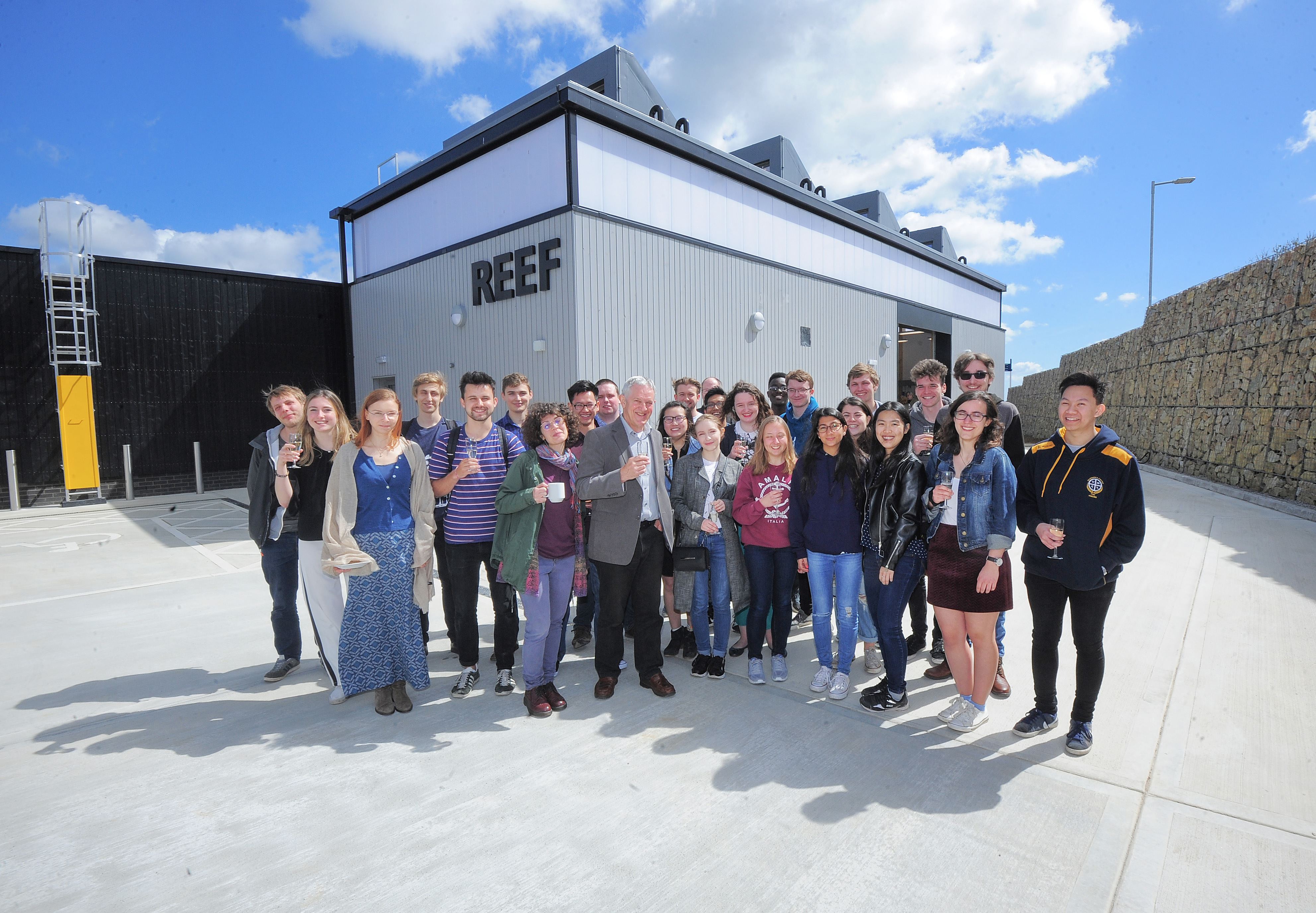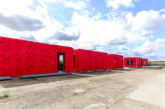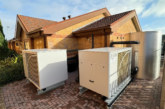
A new renewable energy research centre on the University of Exeter’s Penryn Campus in Cornwall has embraced British manufactured renewable technology to provide a teaching facility for the design, build, test and display of projects and opportunities relating to renewable energy engineering.
The £1.77m Renewable Energy Engineering Facility (REEF) provides dedicated workshop and laboratory space for student research projects as well as a means for businesses to identify challenge areas and opportunities for renewable technologies and collaborations with experts in renewable energy.
Practicing what it preaches, the REEF facility’s construction was ground-breaking in its own approach to sustainability. With space heating supported by a Kensa Evo ground source heat pump, manufactured by Kensa Heat Pumps just seven miles from REEF, the Evo installation reduces the carbon footprint of the building’s construction as well as its ongoing energy use, and will also have a dual purpose enabling students to conduct monitoring and interrogation of the system.
To further deliver on the buildings ultra-low carbon footprint ambitions, the facility obtained a BREEAM Excellent rating on completion, which puts it in the top 10% of all new buildings, and in the ‘Best Practice’ category as set by the Building Research Establishment.
Richard Cochrane, Director of Education for Renewable Energy, said: “The REEF will be a fantastic addition to the teaching facilities that support our Renewable Energy programmes. As well as providing a well-equipped modern workshop to enable students to design, make and test their engineering knowledge, the building itself is an exciting teaching aid providing data on real operational renewable energy technologies that the students can study and run experiments on.
“The workshop is equipped with traditional mechanical engineering tools and the latest 3D printing, CNC machining, electronic and electrical equipment. As well as experiments on the solar panels and heat pump that run the building, students will be involved with an energy storage demonstrator.”
Dr Matthew Trewhella of Kensa Heat Pumps added: “Kensa Heat Pumps will be working with the University to help students understand the data that can be provided by the heat pump and assist the setting up of student projects. In return, students will be able to simulate various different demand patterns and analyse the ground source heat pump’s thermodynamic performance in various real-world scenarios”








